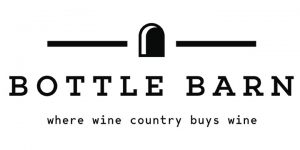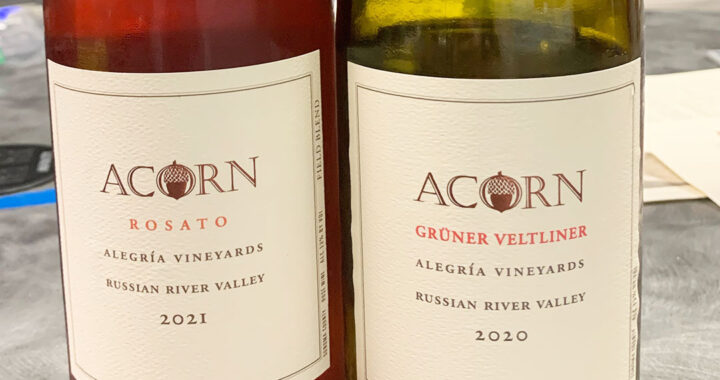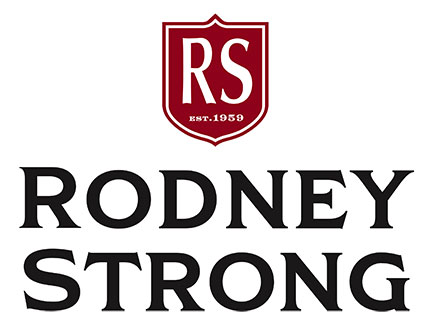Podcast: Play in new window | Download (Duration: 27:30 — 12.6MB) | Embed
Subscribe: Apple Podcasts | RSS | More
Acorn Winery co-owner Bill Nachbaur is our guest on California Wine Country with Steve Jaxon and Dan Berger. First, Bill tells about buying the vineyard that had been planted decades ago as a field blend. This means different varietals are planted side by side in the same vineyard, unlike most vineyards today. As a teenager in the 1890s Bill’s grandfather worked in vineyards in the area. The whole story is on their website.
Field-blended wines are made of different grape varieties grown together then pressed and vinted together too. The result can be tasted in the flavors that are uniquely reflective of the land and the blend. Today they have planted some grapes that reflect their personal heritage. There is Zinfandel and also some Alvarinho, a Portuguese varietal, to honor his wife’s grandmother. Gruner Veltliner is an Austrian grape that he planted to honor his grandfather.
Dan Berger describes Acorn Winery as a fascinating project because it is not varietal-based. They have decided to focus on their field blends, so they are by definition vineyard-based. They are often a year behind their neighbors in their releases, because they hold them a longer time, which they need to express their character. The Gruner Veltliner is very dry. Dan tastes a “preserved lemon” character. The sharpness of the acid would make it great to go with seafood.

Click the logo to visit our sponsor Bottle Barn online for the coolest bargains on wine, beer and spirits.
Acorn Winery is located across the street from Rodney Strong and they can partially hear their concerts. Besides the whites and the rosato, they make Zinfandel, Sangiovese, Dolcetto, Syrah and Cabernet Franc as well as blends of those. Acorn Winery wines use oak in a very careful way so the wine speaks to the fruit. Dan Berger says his Dolcetto is really an Italian style, which means it is delicate. It is a grape from Piedmont, northwest Italy. Dolcetto and Barbera are the everyday wines. Barbaresco and Barolo, made from the Nebbiolo grape, are the heavies.
They taste the Rosato, which is simply the Italian word for pink, or Rosé wine. It is a bit darker than the usual Rosés. All Rosés are on a color spectrum, though. It is hard to tell a Rosé from a red if you taste it from a black glass. Your vision influences your expectations and what you taste.



